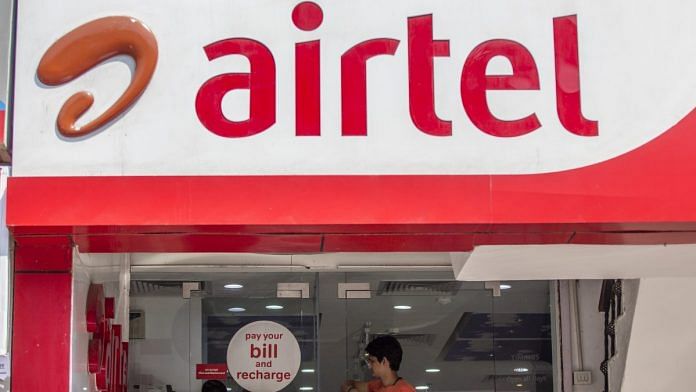Airtel should know that in times like these, neutrality is a conscious choice of allowing tacit support to bigots.
A new, ugly normal has been set by Airtel and its customer care in India.
Usually, this is how it happens. A customer gets annoyed and posts a rant on social media. The brand responds with an insipid reaction that leads to more frustration. Eventually, the problem is solved (or becomes obsolete), and we all forget about it.
But these aren’t usual times. These are times defined by bigotry, usually hidden behind a veneer of civility, rearing its head and splashing itself on our screens. These are times when people hold brands ransom to their own personal hatred. This new normal showed up most blatantly when user Pooja Singh took to Twitter to complain about her DTH connection, and demanded a ‘Hindu’ customer care executive when Airtel employee Shoaib tried to assist her.
Airtel’s automated response system meant that someone called Gaganjot (a clearly non-Muslim name) responded. People on Twitter, taking this response as a statement of Airtel bowing down to bigotry, went into a tizzy.
This isn’t new. When majoritarian sentiment, coupled with the quintessentially Indian capacity to overreact on the internet, flexes and asserts itself, brands are caught in a tough place. Whether it was the Snapchat fiasco, Snapdeal’s own troubles in the wake of brand ambassador Aamir Khan’s remarks about India’s growing intolerance, or the recent Amazon India-Swara Bhaskar fracas — the pattern is clear. If the Right-wing troll army finds a target, it will attack, and viciously so. It will be given validity and confidence by thousands of anonymous accounts spewing vile, terrifying hate. It is difficult to blame brands for wanting to avoid this entire ruckus.
But can they afford to?
Airtel’s response to the entire episode was a passive-aggressive, angst-ridden note that sought to shift focus from the topic at hand in a cringe-worthy tone. However, they deserve kudos for actually tackling the issue. Most brands (like Amazon, for example) do not engage with the controversy, preferring instead to delete what they put up.
Airtel tried very hard to change that, and that deserves to be lauded. However, Airtel, in trying to spin a PR-worthy take, throws its employees under the bus by shifting the narrative to how Airtel doesn’t support bigotry. It misses a crucial point here — Airtel did nothing to stop it either.
The (very) late, muddled response, coupled with the indignant, holier-than-thou tone just said one thing: Airtel is afraid of engaging headfirst with the issue at hand. It is willing to do anything but confront the fact that in times like these, neutrality is a conscious choice to allow tacit support to bigots.
As Desmond Tutu said, “If you are neutral in situations of injustice, you have chosen the side of the oppressor. If an elephant has its foot on the tail of a mouse and you say that you are neutral, the mouse will not appreciate your neutrality.”
Brands need to realise that these empty letters and lukewarm responses do very little. By bowing down, or simply sidestepping the moment that demands from them courage and the capacity to assert themselves, they’re not (to quote Taylor Swift) “excluding themselves from the narrative”.
They are, in fact, making themselves vulnerable to it. Once people realise that a mere tantrum online can make multinational brands bend to their will, they will exploit this power, ultimately leading to a point where the brands will break.
How can this be solved? Better crisis communication; better in-house corporate communication; better training in how to handle customers with such ghastly requests. If you choose not to add such training to your modules, it doesn’t mean this training is not needed.
Most importantly, however, brands need to realise that they must take a deep breath and take a stand. Like us, companies do not have the luxury of being on the sidelines anymore. This battle for a kinder world is now inside our houses.
We have to decide how we fight it.
Harnidh Kaur is a poet and feminist.




Mera Airtel violet payment Bank band Ho Gaya nahin
thanks for sharing this information have shared this link with others keep posting such information..
Hitler kills thousands of innocent …….modi…….. demonetisatuon…..GST…… unemployment……hindutva governance. . ..killed innocent
You are right. Airtel succumbed to the wrong demand and that will set a trend which is not good for India and corporate world.